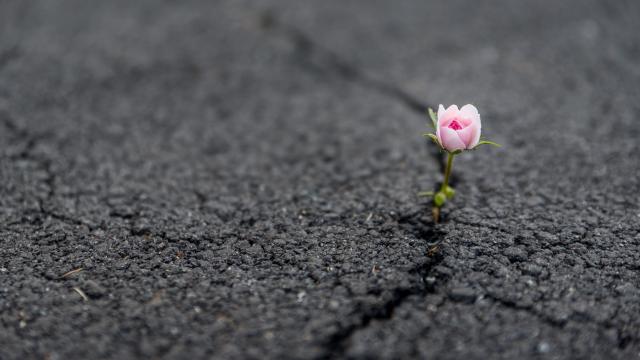It’s fair to assume that most parents have felt despair at some point during the past year over what our children have been missing out on. Little kids missed a lot of basic socialisation, or a “real” school experience. Pre-teens, who were already in the midst of desperately trying to figure out their place in the world (and by “world,” I mean their school’s social hierarchy), may have found these months particularly lonely and isolating. Teenagers gave up all kinds of traditional celebratory milestones.
All of this is true and valid. They have missed out on a lot. It has been a shitty year in all sorts of ways, and we may worry about how they’ll adjust as things continue opening up in the months ahead. Will they feel longterm negative effects from the isolation? The answer is: Well, maybe, for some kids, it depends.
Parents can’t undo a pandemic, though. As much as we grieve everything that has been lost, that loss has been out of our control. What is in our control, however, is how we choose to emerge from it. As Judith Warner writes for the New York Times:
Ms. [Phyllis] Fagell, [a therapist, school counselor and the author of the 2019 book Middle School Matters] much like the dozen-plus other experts in adolescent development who were interviewed for this article, was adamant that parents should not panic — and that, furthermore, the spread of the “lost year” narrative needed to stop. Getting a full picture of what’s going on with middle schoolers — and being ready to help them — they agreed, requires holding two seemingly contradictory ideas simultaneously in mind: The past year has been terrible. And most middle schoolers will be fine.
It’s often said that kids are resilient, and to a certain extent, that is true. Kids are not immune to trauma — quite the opposite — but they are adaptable, particularly when they’re in a loving, supportive environment. We can’t fill the void of everything they’ve lost in the past year; all that face-to-face time with friends, extracurricular activities, and sleepovers they might have had are gone. But what we can do is model how to emerge from this time, showing them how to flex that resilience muscle as we do.
Way back last April, when weren’t yet even four weeks into this, when we were still operating in two-week increments and unable to fully grasp how bad things already were and how much worse they would get, I wrote about the soft skills our kids were developing during this time. Here’s what I said then:
Right now, our kids are getting a crash-course in patience, resilience, communication, conflict-resolution, compromise, creative thinking, empathy, and mindfulness. These are soft skills we practice to a certain degree with them every day, but right now everything is heightened. They have to learn to be patient with the parent who can’t hop off a conference call to get them a snack (or they have to figure out how to get a snack for themselves). They are resolving conflict with their siblings, oh, every four minutes. They’re trying to brainstorm ways to cheer up a friend whose birthday is passing in the quietest of ways.
We don’t need to put some Pollyanna spin on what has been the most fiery of hellish years, but if we’re not already, we should start focusing on all the ways our kids have grown, have adapted, have rolled with punch after punch — even when it was hard, and even when the rolling was less-than-graceful.
This wasn’t a “lost year.” It was a year with loss, yes, but if we squint hard enough, we can see the good it brought us and our kids, too: The renewed love of nature, the appreciation for being able to spend time with extended family, and even the way our views of technology and screen time have shifted as it became the primary way we maintained important relationships. Maybe they learned less than they normally would have in maths class, but they learned a ridiculous amount about what it means to sacrifice for the protection of others.
Our kids will almost always take their cue for how to process something from us, and this is one of the biggest, most difficult things they’ve yet had to process. There were a lot of dark days, a lot of meltdowns stemming from the impossibility of what we were all expected to do — living and working and learning among each other, practically on top of each other. But we did it, we made it work, we tried to give each other grace, and we maybe even got into a bit of a groove.
Remind them — and yourself — that living through this pandemic and coming out the other side, however bruised and battered we may feel, is proof that we can do hard things. And that is worth acknowledging and even celebrating. So as you talk about what a return to in-person learning looks like, or the baby steps you’re taking to rejoin society over the summer, make sure to point out not just what was lost over the past several months, but also what was gained.

Leave a Reply
You must be logged in to post a comment.